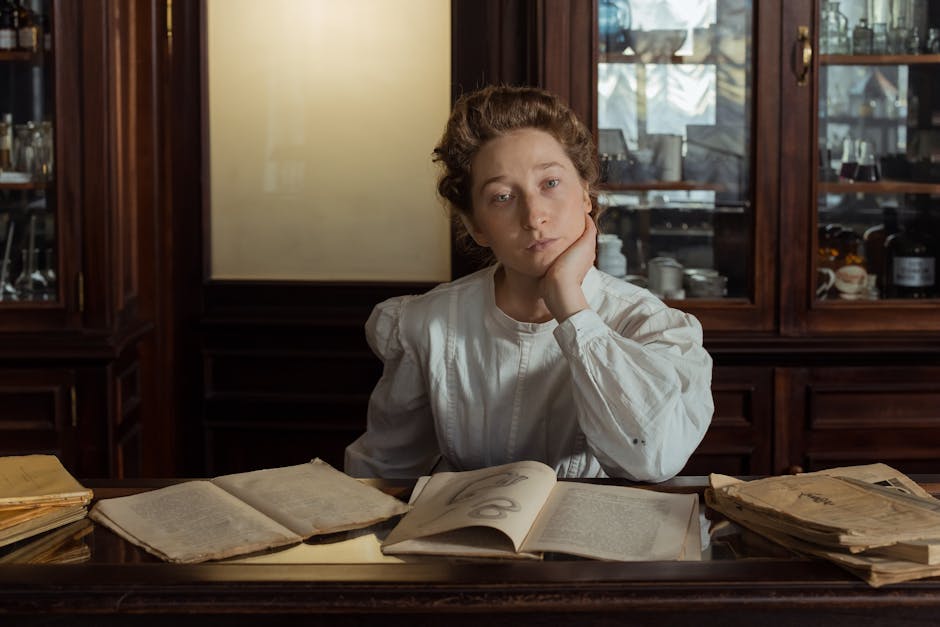A crucial factor influencing literature’s historical accuracy is the author’s own positionality. Writers are products of their time, shaped by their personal experiences, beliefs, and biases. Consequently, their portrayal of the past inevitably carries their own subjective lens. Historical novels, for example, might meticulously recreate the clothing, architecture, and customs of a period, yet simultaneously reflect the author’s contemporary concerns and understanding. Think of Charles Dickens’s depiction of Victorian England; while his descriptions of poverty and social inequality are grounded in observed reality, his narratives also express his own reformist ideals and moral perspectives. This inherent subjectivity doesn’t necessarily render the work inaccurate, but it underscores the need for critical engagement, recognizing the narrative as a specific interpretation of the past, not a neutral historical record.
Furthermore, a work’s intended audience significantly shapes its representation of history. Literature written for a specific social group may focus on aspects of the past relevant to that audience, potentially overlooking or marginalizing other experiences. For instance, aristocratic narratives of the French Revolution might highlight the perspectives of the nobility, overlooking the experiences of the peasantry and the broader social dynamics driving the revolution. Similarly, literature aimed at children or young adults often simplifies or sanitizes historical events, prioritizing entertainment or moral instruction over rigorous historical fidelity. This does not necessarily equate to inaccuracy, but rather a deliberate choice to prioritize a particular perspective and level of engagement with the past.
Beyond authorial bias and intended audience, the very nature of literary representation presents inherent limitations. Literature is not a factual record but rather a creative interpretation of events, people, and ideas. While authors may draw on historical sources, they often select, adapt, and transform this material to serve the narrative’s artistic goals. The emphasis on plot, character development, and thematic exploration inevitably leads to simplification, omission, or even fabrication of details. This doesn’t negate the historical value of literature; instead, it encourages a critical reading that distinguishes between fictionalized narratives and verifiable historical accounts.
Conversely, certain literary forms are inherently more closely linked to historical accuracy than others. Primary source materials like diaries, letters, and autobiographies, while still influenced by personal perspectives, offer a more immediate and less filtered engagement with the past than novels or plays. These sources provide valuable firsthand accounts of lived experiences, revealing the thoughts, feelings, and actions of individuals within specific historical contexts. However, even primary sources demand critical evaluation; authors may selectively present information, or their memory may be fallible.
The study of history itself plays a crucial role in evaluating literature’s historical accuracy. Historical scholarship provides the framework for understanding the context in which a work was written and the events it attempts to depict. By comparing literary representations to historical evidence, we can assess the degree of correspondence between fiction and reality. This process, however, requires careful methodology. It is not about seeking perfect correspondence but about understanding the ways in which literature engages with, interprets, and potentially distorts historical events and experiences.
Moreover, the evolution of historical understanding influences how we evaluate literature’s historical accuracy. Shifting perspectives and new discoveries in historical research may alter our understanding of a specific period, impacting how we read and interpret literature from that era. A novel considered historically accurate in one era might be viewed differently in light of subsequent historical findings. This dynamic relationship underscores the ongoing conversation between literary studies and historical research.
In conclusion, while literature cannot always provide a perfectly accurate reflection of historical periods, its engagement with the past offers invaluable insights into the social, cultural, and political landscapes of specific eras. However, a nuanced understanding requires acknowledging the author’s perspective, the intended audience, and the inherent limitations of literary representation. By critically engaging with literary texts in conjunction with historical scholarship, we can appreciate the complex and multifaceted relationship between literature and history, recognizing literature not as a substitute for historical fact, but as a crucial source for understanding how past societies experienced and interpreted their own times. The ongoing dialogue between literary critics and historians continues to refine our comprehension of this dynamic relationship, ensuring that both disciplines contribute to a richer and more multifaceted understanding of the past.
